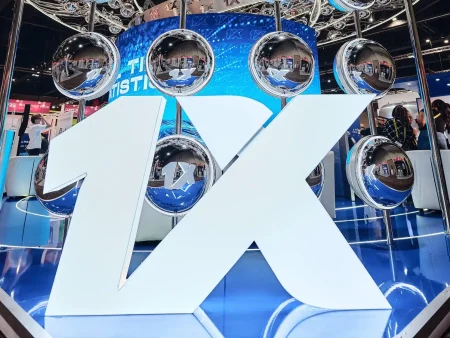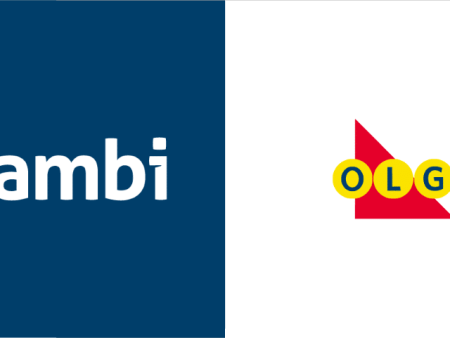The debate also refers to the taxation of sports betting as bets. It gained momentum with the inclusion of these games in the Selective Tax, or popularly known as the sin tax.
Bernard Appy, the extraordinary secretary for tax reform, warned of the need for caution in this process. He highlights that the objective is not to make the sector unviable, but to regulate it appropriately.
Appy emphasized in a previous interview with Estadão that the taxation of sports betting needs to be carefully calculated. In other words, if taxation is excessive, there is a risk that the activity will migrate to the informal market. Instead of formalizing and taxing, it may become unregulated.
Taxation of bookmakers comes under the pretext of discouraging the utilization of products that are harmful to health and the environment.
For that reason, the working group responsible for the first tax reform regulation report decided to include bets in the Sin Tax. The Chamber of Deputies has approved this decision.
Consequently, the justification took into account gaming addiction as a public health issue. Moreover, the increase in revenue from online betting could offset other tax benefits, like tax exemption for essential items in the basic food basket.
Nevertheless, parliamentary discussions revealed a complex scenario, with adjustments that tend to increase the average rate of the new VAT or Valued Added Tax. CBS and IBS, representing states and municipalities, formed the group.
Appy highlighted that even though some adjustments can reduce the rate, others have the opposite effect. This highlights the need for new calculations to understand the full impact of the changes.
The imposition of a maximum limit of 26.5% for the VAT rate was one of the highlights in the discussions. The secretary views this measure with caution and believes in the possibility of adjustments during the transition process. The effectiveness of this limit will depend on reducing tax evasion and adapting companies to the new tax payment system.


